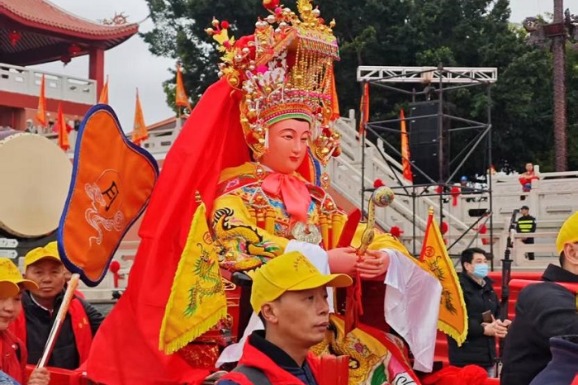Nobel prize-winning Chinese American physicist passes away at 97

Chinese American physicist Tsung-Dao Lee, a Nobel laureate who made significant contributions to advancing China's science education and innovation in high-energy physics, passed away in the United States early Monday. He was 97.
Shanghai Jiao Tong University, where Lee was an honorary professor, confirmed his death in an obituary released on Monday afternoon.
Lee, who was also a foreign academician of the Chinese Academy of Sciences, was born in Shanghai in November 1926. He attended universities in Zhejiang and Yunnan provinces before receiving a doctoral degree at the University of Chicago in the US in 1950.
From 1953 until his retirement in 2012, he taught at Columbia University in New York City, where he was named Enrico Fermi Professor of Physics.
Lee was best known for his joint investigation of the principle of parity with Yang Zhenning, also known as Yang Chen-Ning, another renowned Chinese physicist who now lives on the campus of Tsinghua University in Beijing. The research earned them the 1957 Nobel Prize in physics.
In addition to his cutting-edge research, Lee was deeply respected for his efforts in cultivating Chinese science talent and contributing to the development of the study of physics in China.
Since the early 1970s, he frequently traveled to China to give lectures and provide suggestions on the nation's science education, frontier research in high-energy physics, high-quality talent cultivation and China's scientific cooperation with other countries.
He helped establish a number of academic programs for gifted young people and college students in China to foster talent and promote Chinese researchers' communication with the US and other developed countries.
He also played an important role in advocating the establishment of the National Natural Science Foundation of China and the China-US joint committee on high-energy physics, and promoted construction of several large, high-end science facilities that have spearheaded China's innovative research in basic science and paved the way for the nation's breakthrough discoveries in high-energy physics.
Yan Ning, an academician of the CAS and founding president of the Shenzhen Medical Academy of Research and Translation, said on Monday on her social media account that the death of Lee was "the fall of a giant star".
Tang Chao, an academician of the CAS and head of the National Natural Science Foundation of China's interdisciplinary science department, said that the formation of the China-US Physics Examination and Application program, which was initiated by Lee more than four decades ago, blazed a trail for sending Chinese to study in the US.
Nearly 1,000 students enrolled in the program before it was ended in 1988, and many have become renowned scientists or leading company managers.
"The program was a landmark in China's international science and talent communication" and had an impact on China's history of reform and opening-up, Tang said in a statement on social media.
"His strong sense of patriotism and his perception that science belongs to all of humanity remain fresh and admirable and can serve as a model for us to learn," he said.



































